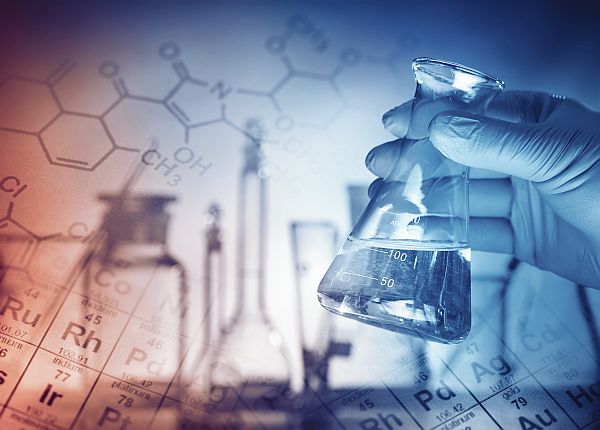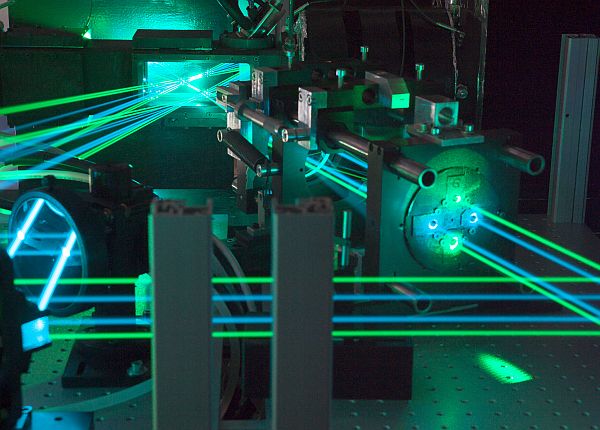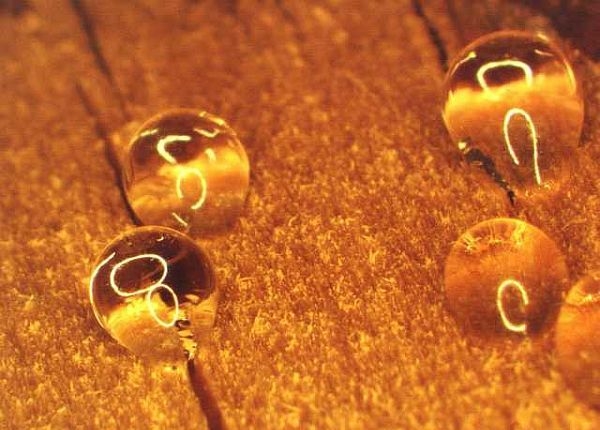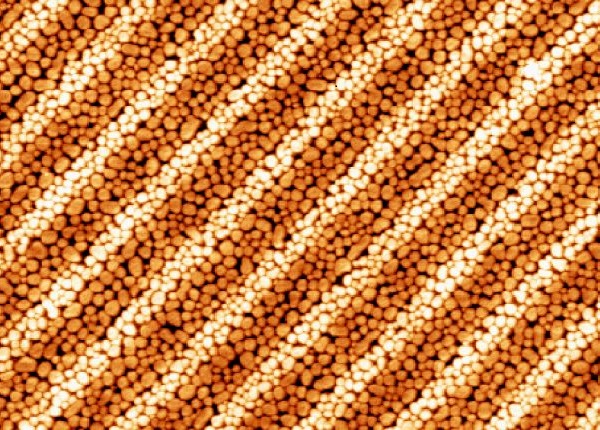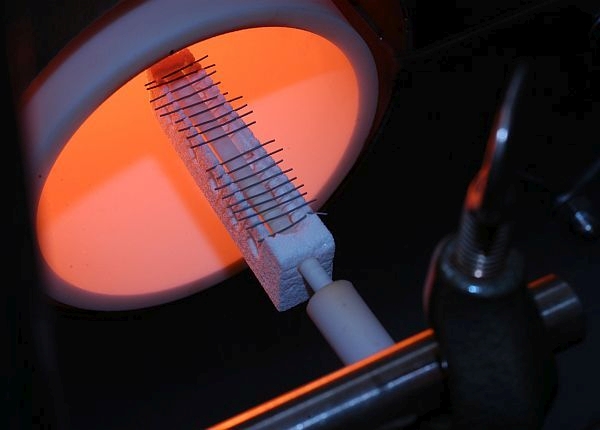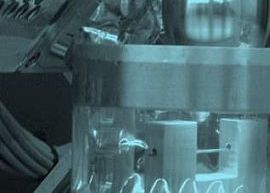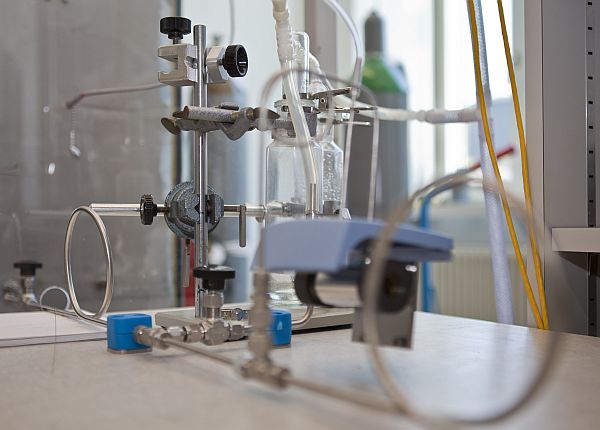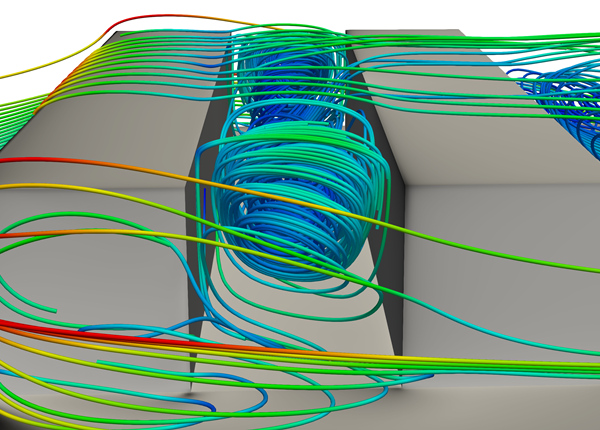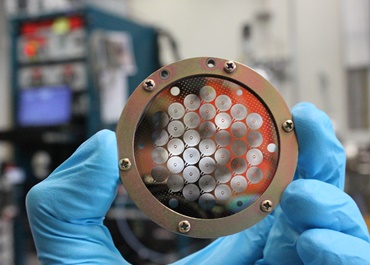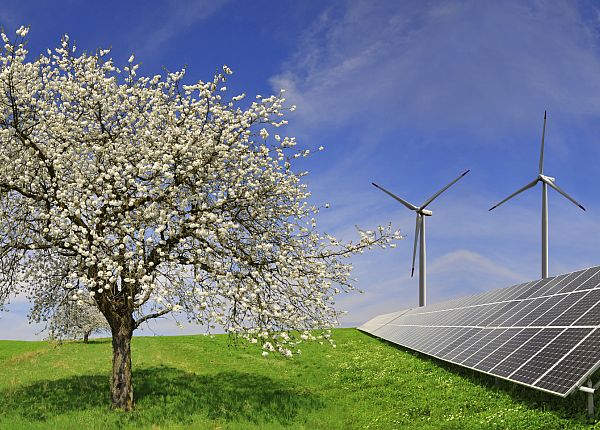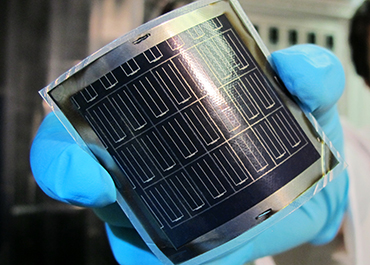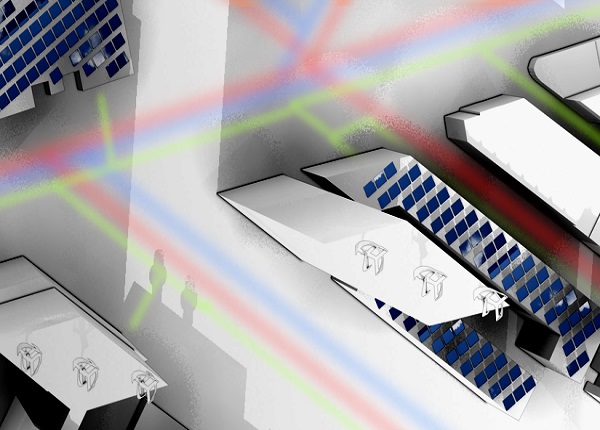Energy Demand
Buildings and mobility stand at the center of the Energy Demand focal topic. In terms of the building stock, strategies to reduce energy consumption have top priority. In mobility, we are pursuing the goal of developing optimal propulsion systems and the corresponding renewable energy carriers for different applications.
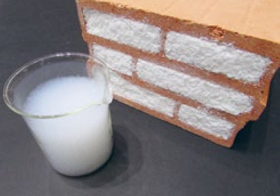
In order to reduce the energy consumption of the building sector, Empa is developing novel materials and systems for new buildings and the renovation of existing buildings. These include high-performance insulation materials made from aerogels and cellulose materials, as well as easy-to-implement operational optimizations, which make use of new sensor technologies and artificial intelligence. In addition, recyclable materials with minimal embodied energy and CO2 footprint are developed. Furthermore, Empa also conducts research into how the thermal inertia of buildings can be used to make their demand for heating energy more flexible, thus helping to stabilize the electricity grid.
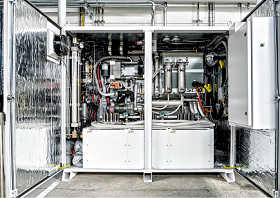
In the area of mobility, Empa is researching more fuel-efficient powertrains and technologies for future passenger and freight transport that can operate without fossil fuels. For this aim, appropriate propulsion systems and energy carriers are being developed depending on the application. A major focus, particularly with regard to long-distance passenger and freight transport, lies on the conversion of renewable electricity into storable, low-emission fuels, such as hydrogen, methane or liquid synthetic fuels. Further activities of Empa in this focal topic include the development of energy-efficient production methods, such as additive manufacturing at the Empa Coating Competence Center.


